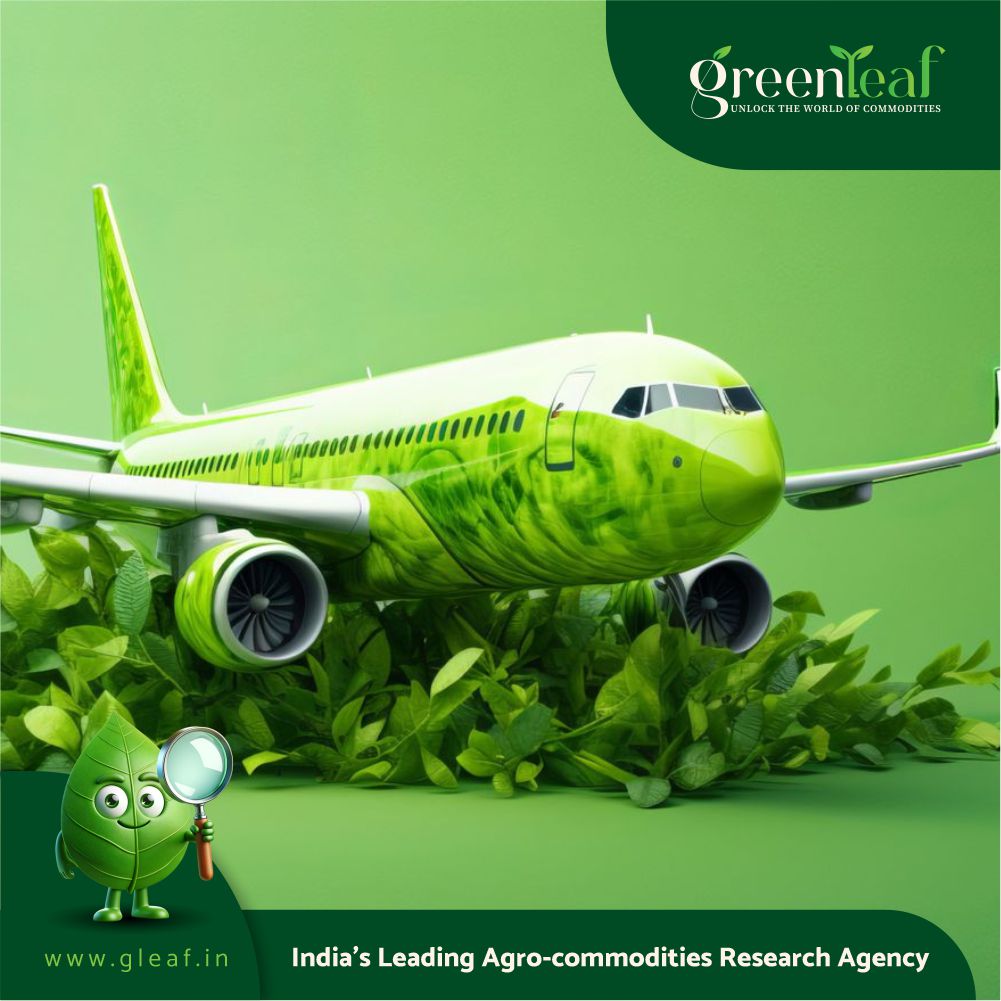A groundbreaking new technology that converts wastewater into biofuel could drastically reduce the carbon footprint of aviation, potentially cutting emissions by up to 70 percent compared to conventional jet fuel, scientists say. This innovation comes at a time when the aviation industry is under increasing pressure to find greener alternatives, as it accounts for about 2.5 percent of global carbon dioxide emissions.
Current challenges
Sustainable aviation fuel (SAF) currently makes up less than 1 percent of total aviation fuel consumption. Traditional jet fuel is derived from oil, and alternative options so far have typically used animal fats or grease. As the world grapples with the climate crisis, finding cleaner, renewable fuel sources for air travel is critical.
Wastewater into biofuel
Researchers at Argonne National Laboratory have developed a technology that turns wastewater from sources like breweries and dairy farms into ingredients needed to create SAF, particularly volatile fatty acids (VFAs) like butyric acid and lactic acid. This process, known as ‘methane-arrested anaerobic digestion’ (MAAD), uses bacteria to break down organic matter in wastewater, transforming it into these fatty acids, which can then be converted into biofuels.
While this technology is promising, a challenge arose during the conversion process: lactic acid, a byproduct of the digestion, reduces the efficiency of SAF production and its carbon benefits. To address this, the team developed an ‘electrochemical separation method’ to selectively extract organic compounds, ensuring more butyric acid is produced and minimising the effects of lactic acid.
Innovative solutions
The team also created an ‘in-situ product recovery process' that utilises membrane separation technology to extract the desired organic compounds from complex wastewater mixtures. This method helps improve the yield of butyric acid, making the entire process more efficient and enabling the production of SAF at a much larger scale.
Environmental impact
This novel approach not only creates a cleaner, more sustainable fuel alternative but also addresses the environmental problem of wastewater disposal. By converting wastewater into biofuel, the process reduces the carbon intensity of traditional wastewater treatment, which can contribute to harmful algal blooms and ecosystem disruption. Additionally, the technology promises a “70 percent reduction in greenhouse gas emissions” compared to traditional jet fuel, making it a significant step toward tackling climate change.
Looking to the future
The researchers are working to scale this technology and bring it to commercial markets, with the goal of producing enough SAF to meet the entire demand of the aviation industry. They are also exploring other feedstocks that could be used in the process, expanding its potential applications beyond wastewater.
Broader implications
The new technology offers a twofold solution: it provides an eco-friendly method of treating wastewater while also creating a renewable, low-carbon fuel for aviation. If successfully scaled, this process could revolutionise the way we think about waste and energy, helping to decarbonise one of the most carbon-intensive industries in the world.
By reducing aviation’s dependence on fossil fuels, this innovation could be a critical tool in the global fight against climate change, paving the way for a more sustainable future in air travel.











